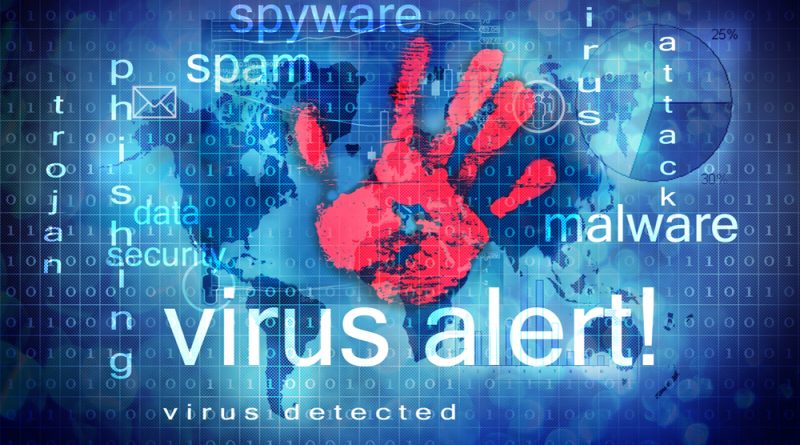Emerging Russian Wiper Malware Poses Grave Threat to Global Communication Networks
The cybersecurity landscape is facing a new and alarming threat with the emergence of a sophisticated version of wiper malware, reportedly deployed by Russian operatives against communication service providers in Ukraine. Identified as AcidPour by SentinelOne’s team of security researchers, this malware is believed to be an evolution of the AcidRain malware, which previously wreaked havoc on the Viasat satellite system in February 2022, significantly disrupting military communications in Ukraine.
The advanced capabilities of AcidPour have raised significant concerns among cybersecurity experts. According to SentinelOne’s meticulous analysis, AcidPour is not merely a tool for targeted disruptions but possesses “expanded capabilities” that potentially enable it to incapacitate a wide array of embedded devices. This includes networking hardware, Internet of Things (IoT) devices, large storage systems such as RAIDs, and even Industrial Control Systems (ICS) devices operating on Linux x86 distributions. The potential for AcidPour to target and disable such a diverse range of critical infrastructure components marks a concerning escalation in cyber warfare tactics.
The implications of AcidPour’s deployment extend far beyond the immediate targets, hinting at the possibility of broader, more devastating attacks on communication networks worldwide. With the capacity to better disable vital communication and data storage systems, AcidPour represents a grave threat to global digital security. This development underscores the urgent need for heightened vigilance and robust cybersecurity measures across all sectors reliant on the affected technologies.
As the situation unfolds, the cybersecurity community is on high alert, monitoring the potential spread and impact of AcidPour. The revelation of this malware’s enhanced destructive capabilities serves as a stark reminder of the ever-evolving challenges in safeguarding digital infrastructure against state-sponsored cyber threats.

